Did you know that, according to a hadith in Sahih Muslim, four rivers that we see flowing on Earth are also rivers in Jannah (Paradise)?
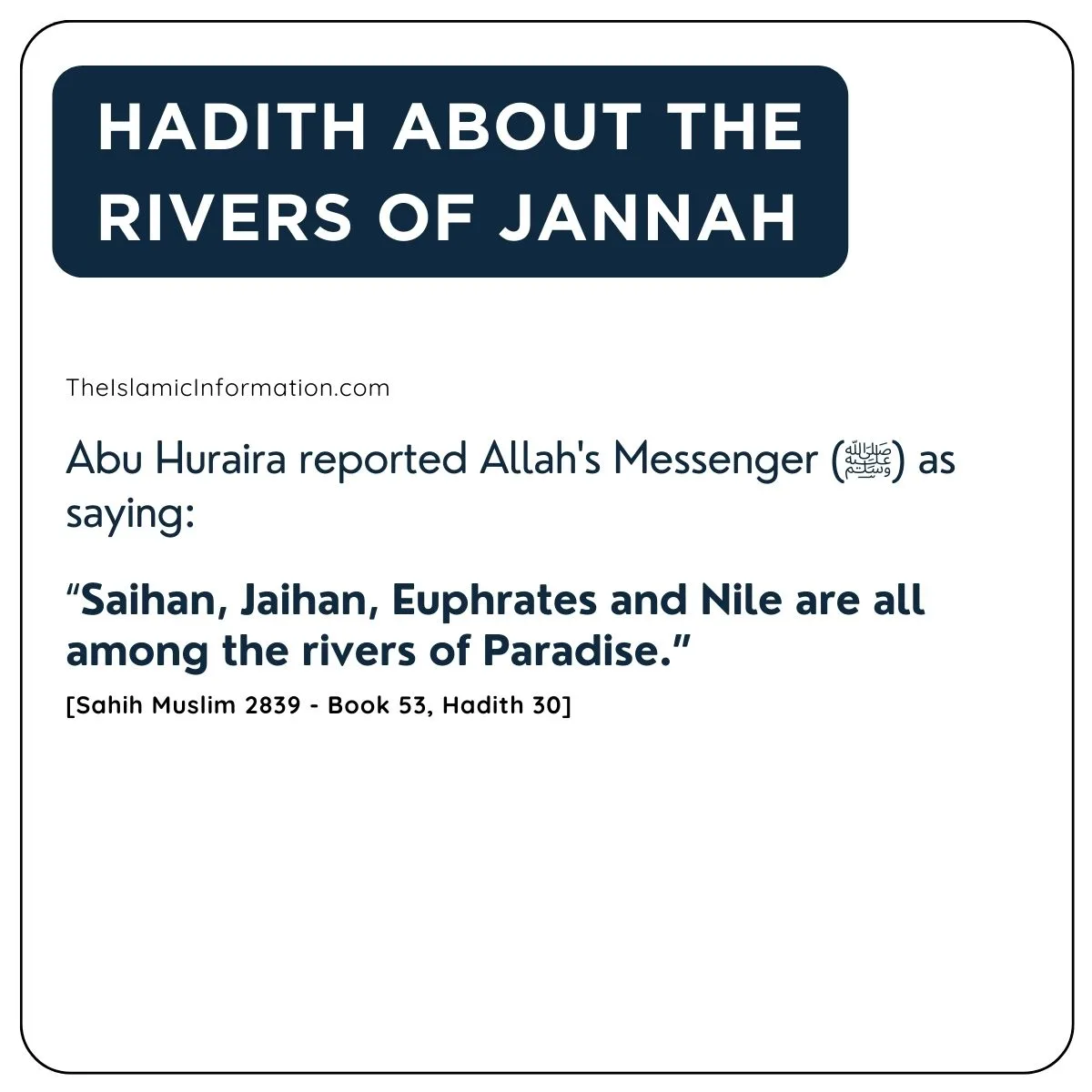
1. The Nile River (Egypt)
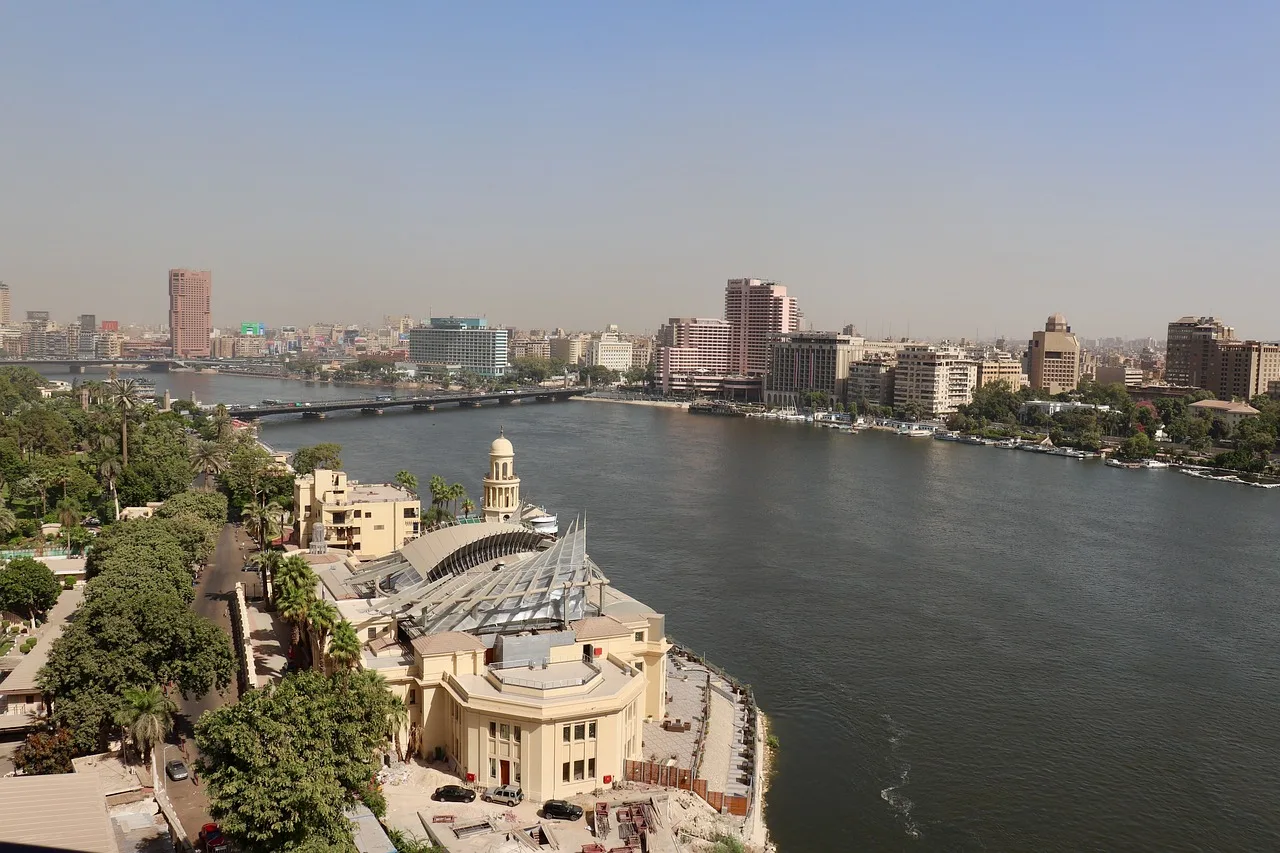
The Nile River is notably mentioned in Sahih Muslim, where the Prophet Muhammad (peace be upon him) said, “The Nile and the Euphrates are among the rivers of Paradise.”
The Nile’s most famous association in Islamic tradition is with the story of Prophet Musa (Moses). His mother, hoping to save him from Pharaoh’s decree, placed him in a basket that floated down the Nile until it reached Pharaoh’s household, initiating Musa’s journey as a prophet.
2. Ceyhan River (Turkey)
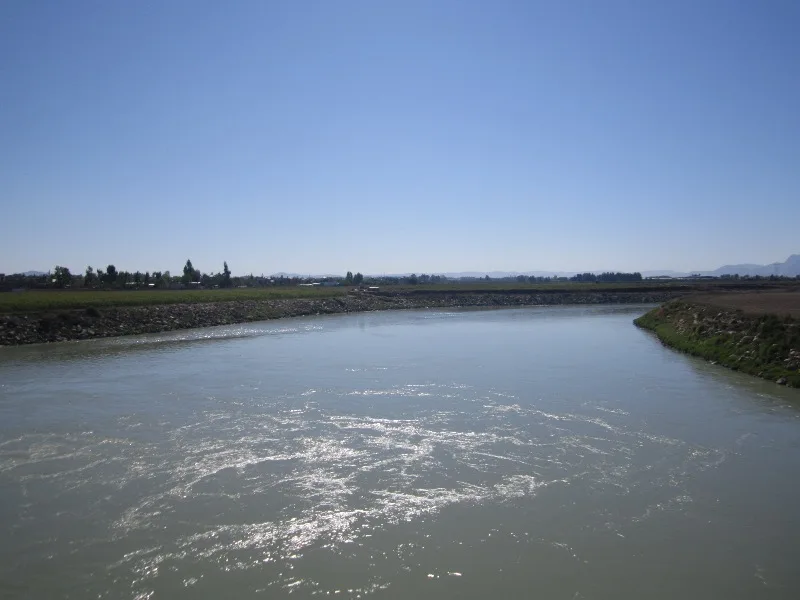
In Sahih Muslim, references to the Ceyhan as a river of Paradise further suggest that the provisions we enjoy on Earth are glimpses of the endless abundance promised in Jannah.
Originating in the Nurhak Mountains of the Eastern Taurus range, the Ceyhan River, historically referred to as Pyramos, flows approximately 509 kilometers (316 miles) before it reaches the Mediterranean Sea.
This river has been crucial throughout history, serving as a natural boundary and a vital resource for various civilizations, including those of the Byzantine Empire. Its name comes from the Arabic term “Jayḥān,” reflecting its longstanding importance in the area.
In ancient times, the river was known for its navigability and the fertile lands it supported along its banks. The delta of the Ceyhan River is particularly significant for its rich biodiversity, providing habitat for numerous bird species and serving as an important nesting ground for sea turtles.
3. Seyhan River (Turkey)

The Seyhan River, also referred to as the Sarus, is the longest river in Cilicia, stretching approximately 560 kilometers (350 miles) from its source in the Tahtalı Mountains of Sivas and Kayseri provinces to the Mediterranean Sea.
Historically, the Seyhan River has been documented by various ancient authors and has played a vital role in the development of surrounding civilizations.
The Seyhan River is crucial for agriculture and energy production in the region. It supports extensive agricultural activities, with major crops such as wheat, corn, barley, cotton, fruits, and vegetables. Approximately 28% of the local population depends on farming for their livelihoods.
4. Euphrates River (Iraq, Syria, Turkey)
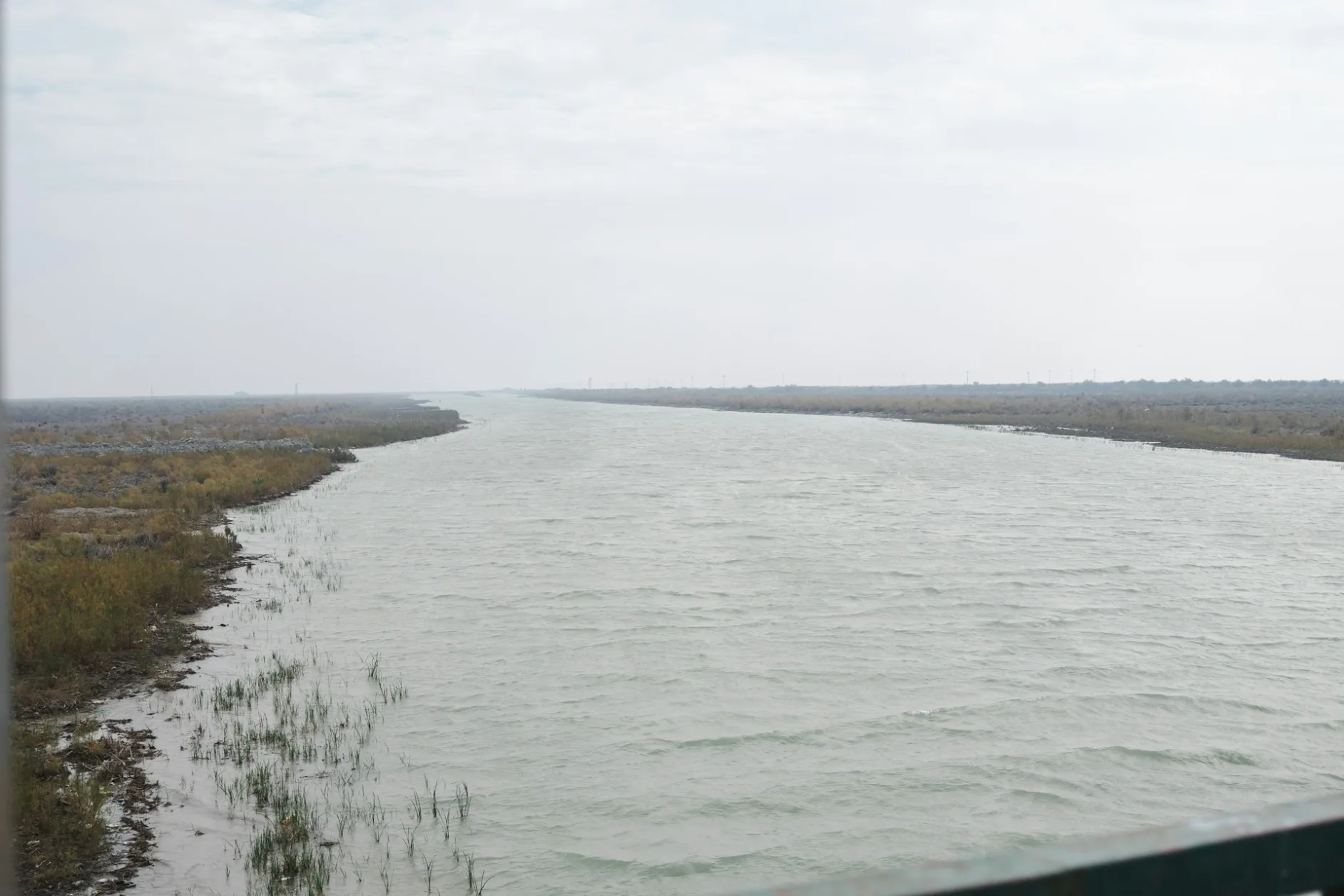
The Prophet Muhammad (peace be upon him) warned that a time would come when the Euphrates would uncover a mountain of gold, sparking conflict as people fought over it.
In Sahih Bukhari and Sahih Muslim, he cautioned: “The Hour will not come until the Euphrates uncovers a mountain of gold, over which people will fight, and out of every one hundred people, ninety-nine will be killed.”
During the Battle of Karbala in 680 CE, Hussain (R.A.) and his followers were blocked from accessing the Euphrates River by the forces loyal to Yazid ibn Muawiya. This restriction on water access played a critical role in the suffering endured by Hussain and his companions during the battle.



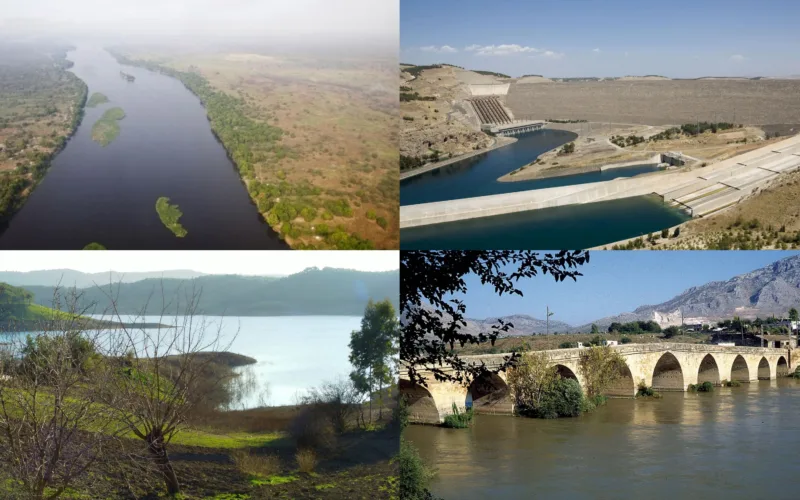
 WhatsApp Channel
WhatsApp Channel
 Instagram
Instagram
 Facebook
Facebook
 X (Twitter)
X (Twitter)
Masha Allah